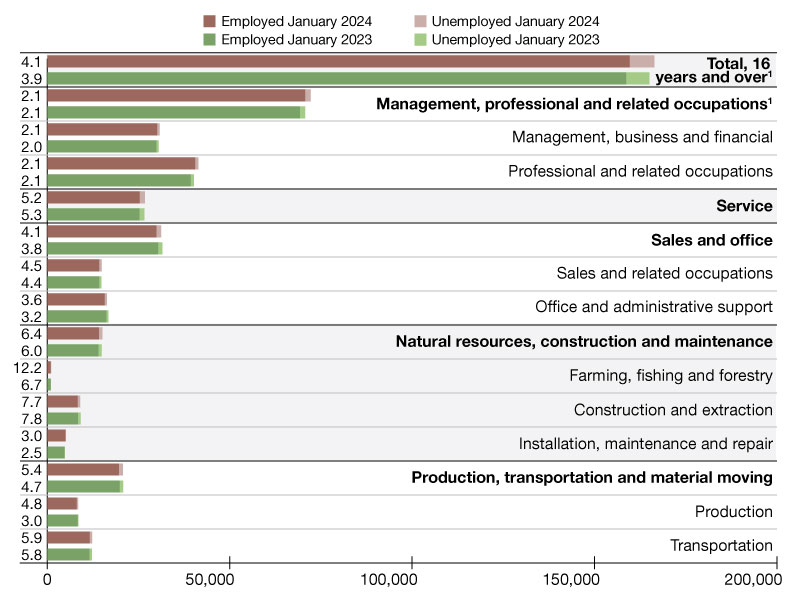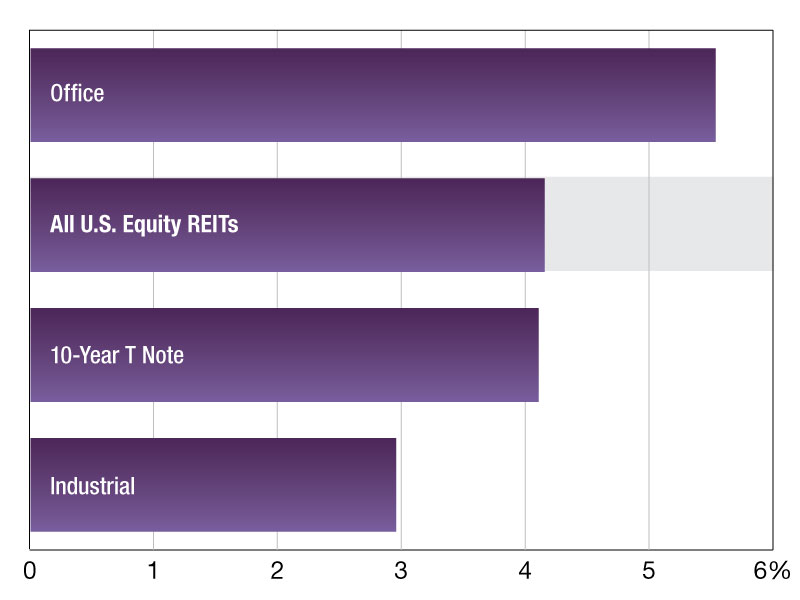Crisis Moves Loan Servicers to Center Stage
The likelihood of widespread delays in loan payments is raising hard questions. Paul Fiorilla of Yardi Matrix surveys the issues to watch.

Paul Fiorilla, Director of Research, Yardi Matrix
As the commercial mortgage industry attempts to come to grips with the scope of late payments, servicers are busy working with borrowers on loan forbearance plans.
The inability of many property tenants to come up with monthly mortgage payments is playing out differently across the universe of property and lender types, but no part of the industry has been left unscathed. What’s more, the situation remains fluid and is likely to get worse if businesses remain closed for an extended period.
“I don’t think we’ll have a good grasp on what effect this will have on future pro formas and rental rates for at least another six months,” said Abigail Katznelson, a founding partner of Legacy Development Group in Union City, N.J. “There is a butterfly effect that this will have on rentals that I don’t see fully materializing until the forbearance/abatements end and the dust clears on who still cannot survive.”
The shutdown of large swaths of commerce while states order residents to stay at home to stop the spread of COVID-19 has had a ripple effect through the economy. Many property tenants have lost all or most of their income and have laid off workers to stay afloat. Nearly 20 million workers have filed unemployment claims in recent weeks.
All this has presented a serious challenge to making rent payments, although the scale of the challenge is hard to determine. Industry groups such as the Mortgage Bankers Association are in the process of generating late-payment information from lenders, but the results are still being tabulated.
Uneven Shocks
There is a disparity between property types, with lodging and retail the most acutely affected. Most full-service hotels have closed, and average RevPAR has dropped more than 75 percent. More than half of retail establishments are closed, and restaurants in many states can only serve takeout.
The impact on multifamily is being closely watched. A crucial question: Will workers who are not getting paid still be able to pay rents? The National Multifamily Housing Council found that 84 percent of residents had made at least a partial April rent payment by April 12, down from 91 percent a month earlier. In other words, only 7 percent more residents failed to pay rent in April than in March, the last month before lockdowns seriously impinged on employment. Enhanced unemployment benefits and federal checks of as much as $2,400 per family have helped in the early going, but it remains to be seen how long a high level of rent payments can be maintained if large-scale lockdowns persist through Memorial Day or into the summer.
Some property types are facing issues that will last well into the future. Demand for office space could shrink if companies decide to increase working remotely. Student housing is dependent on when and how colleges will resume in-person instruction. Senior housing also faces uncertainty after so many communities were ravaged by the coronavirus.
Forbearance Decisions
Late payments—and the struggle of occupiers to juggle employee salaries, rents and other expenses—are forcing loan servicers to administer a heavy dose of forbearance up front. In some cases, that step is mandatory. The $2 trillion emergency aid package passed by Congress—which applies to properties financed by Fannie Mae and Freddie Mac—requires forbearance and a moratorium on evictions for as much as 120 days.
Commercial banks have been ordered by regulators to consider forbearance on a case-by-case basis. Regulators also told banks that they should avoid classifying as delinquent loans that went into arrears as a result of the coronavirus. That helps to avoid a sharp spike in delinquency rates and prevents banks from setting aside pools of capital for delinquent loans, which would weaken their financial strength at a time when policymakers want them to make loans to keep the economy afloat.
Even CMBS servicers, whose actions are governed by legally binding pre-sale agreements and which have less flexibility than portfolio lenders, are attempting to be as accommodating as possible. They may decide that forbearance is in the best interest of the trust that holds the loan. CMBS servicers have the reputation of being less accommodating than portfolio lenders, which is a turn-off to borrowers. Said one industry advocate: “CMBS can’t come out of this looking like the Evil Empire.”
Open Questions
Although there is by-and-large agreement that lenders being generous in granting forbearance, there are some points of contention. One is that life companies have not received the same accounting and capital relief afforded to banks. Life company delinquency rates have historically been very low, but the disparity in treatment is seen by some in the industry as unfair.
Another issue is whether the federal government should provide liquidity support to servicers, which are required to advance payments to bondholders when loan payments are late. Industry trade groups have urged the Federal Housing Finance Agency to provide a source of funds so multifamily bond servicers do not get overextended advancing payments on late-paying loans. FHFA Director Mark Calabria has so far resisted any action to aid servicers, even though his agency required lenders to extend forbearance and is prohibiting property owners from evicting tenants that don’t pay rent.
Although defaults are largely being pushed back 90 days or more, servicers must decide whether the inability to make loan payments is being caused by the pandemic response or by longstanding poor property performance. Properties that were on the brink of default before COVID-19, or are unlikely to recover, still may wind up in default sooner rather than later, according to industry pros.
Property owners attempting to plead for forbearance must be prepared to provide documentation to servicers that, for example, demonstrates that their inability to pay was caused by the coronavirus and that they have made attempts to mitigate that include applying for federal assistance. Said one servicer: “We want to preserve the rent stream, but by the same token we want to plan strategically what we want to be done on a case-by-case basis.”







You must be logged in to post a comment.